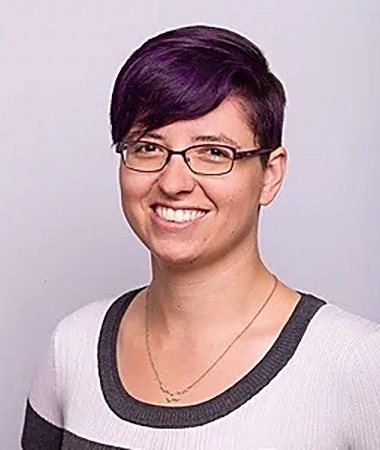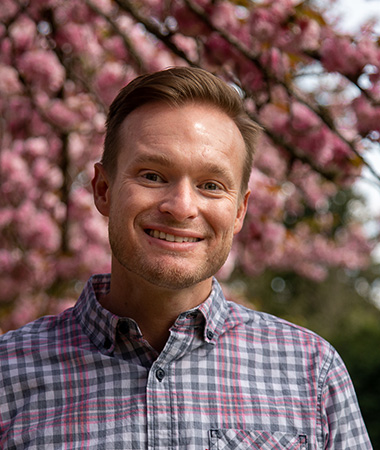Professional Development: Abstract Writing Basics for Conference Submissions
No matter what stage you are at in your career, writing a clear, concise, and engaging abstract can be a tricky endeavor.
“A good abstract really sells the research. It makes people want to read it,” said Corey Cook, associate professor of psychology at Pacific Lutheran University.
Cook and Amanda Montoya, associate professor of psychology at University of California in Los Angeles, described several strategies to get started when developing an abstract for a conference presentation or poster.
Montoya walked through two frameworks that provide a structure for abstract content, both of which she has used with her students in their own work. Using those frameworks can be a great way to get started, she shared, before then tailoring abstracts to the requirements from the conference organizers, such as word length or specific information to include.
Cook also shared writing advice for those who may be new to the process. For instance, it may be wise to plan a month or so ahead of an abstract deadline when first getting started, he suggested. As you get more experience, you may become more comfortable with writing abstracts faster and under shorter deadlines.
What you will learn:
- How to structure your abstract, from the hook that engages the reader at the beginning to the conclusion at the end
- Tips and tricks to make sure your abstract speaks to the requirements of the conference and the interests of those who will be reading and reviewing it
- How your abstract will be evaluated after submission, including possible reasons for rejection
Speakers

Amanda Montoya
UCLAAmanda Montoya is an Associate Professor at UCLA in the Department of Psychology – Quantitative Area. Her primary research interests include mediation, moderation, conditional process models, structural equation modeling, and meta-science.

Corey Cook
Pacific Lutheran UniversityCorey Cook is an experimental social psychologist at Pacific Lutheran University. He received his PhD from University of Florida and research fellowships from the US Fulbright Commission and Alexander von Humboldt Foundation. His research explores how social goals influence the perceptions of threats and opportunities in our social environment.

